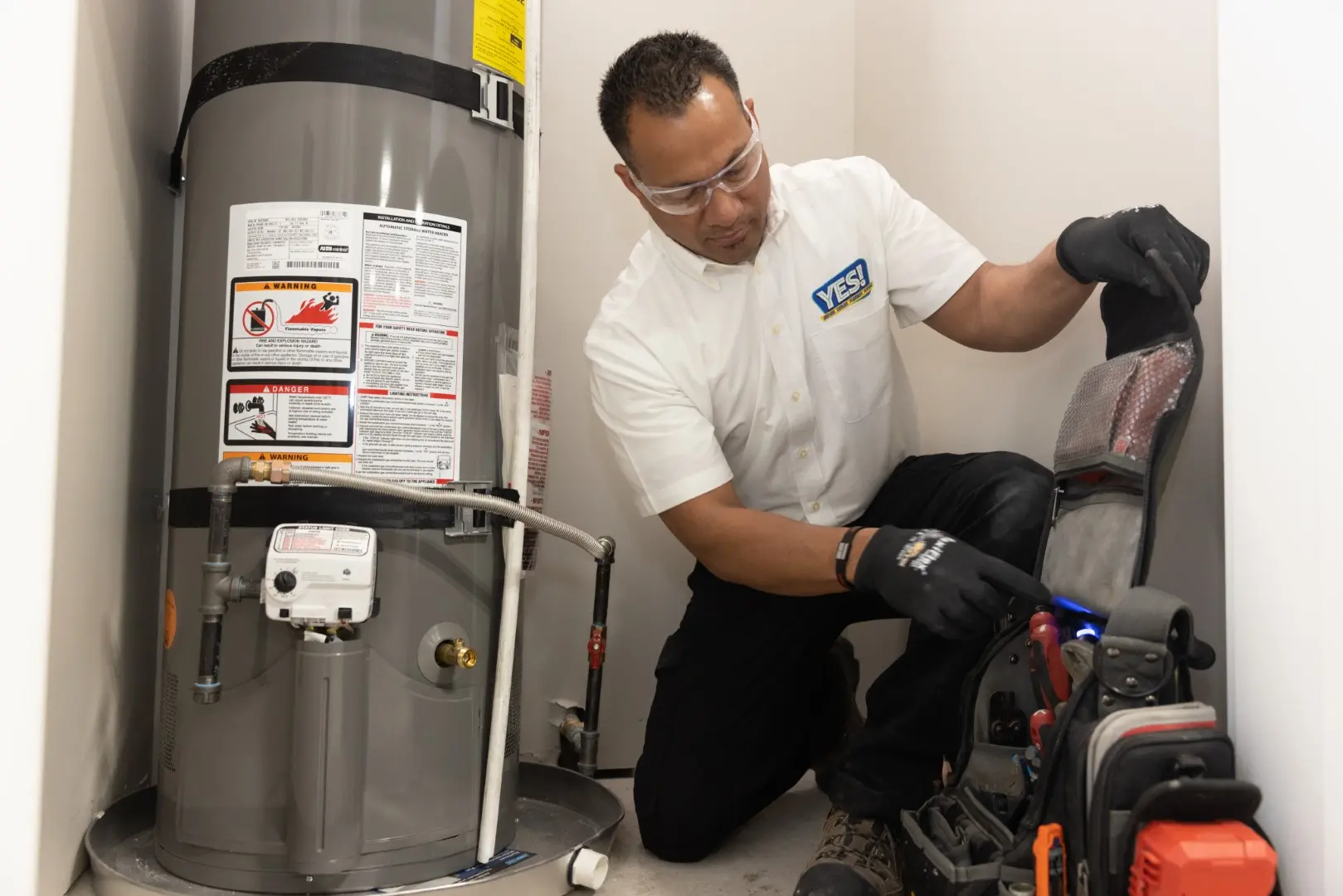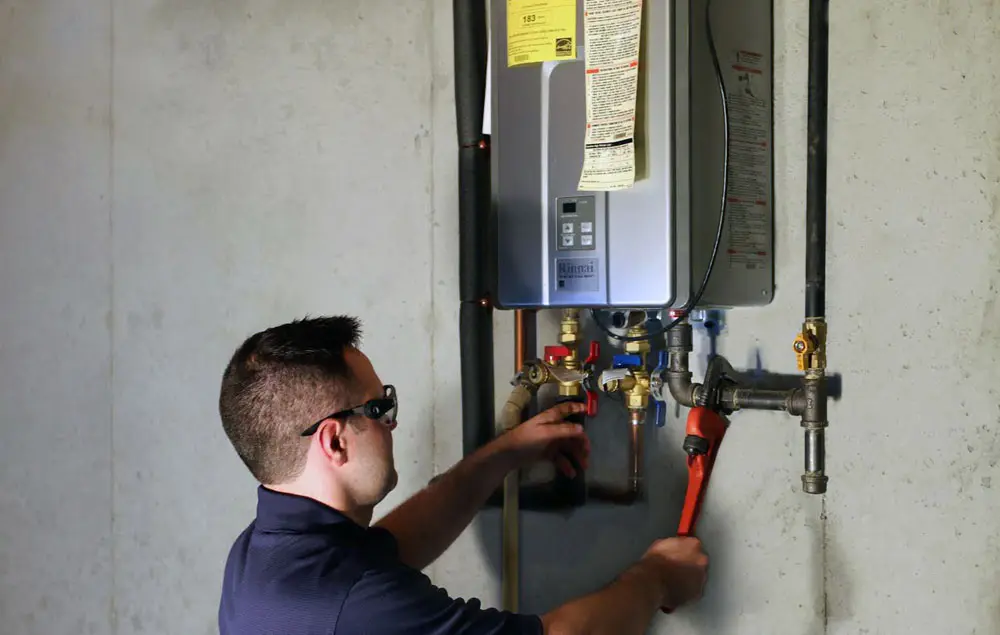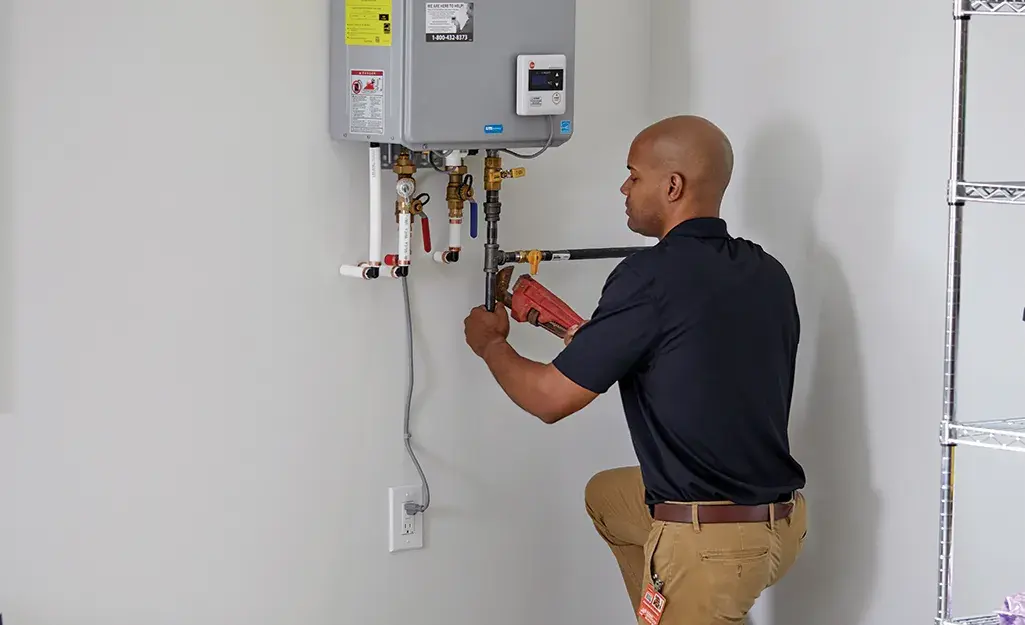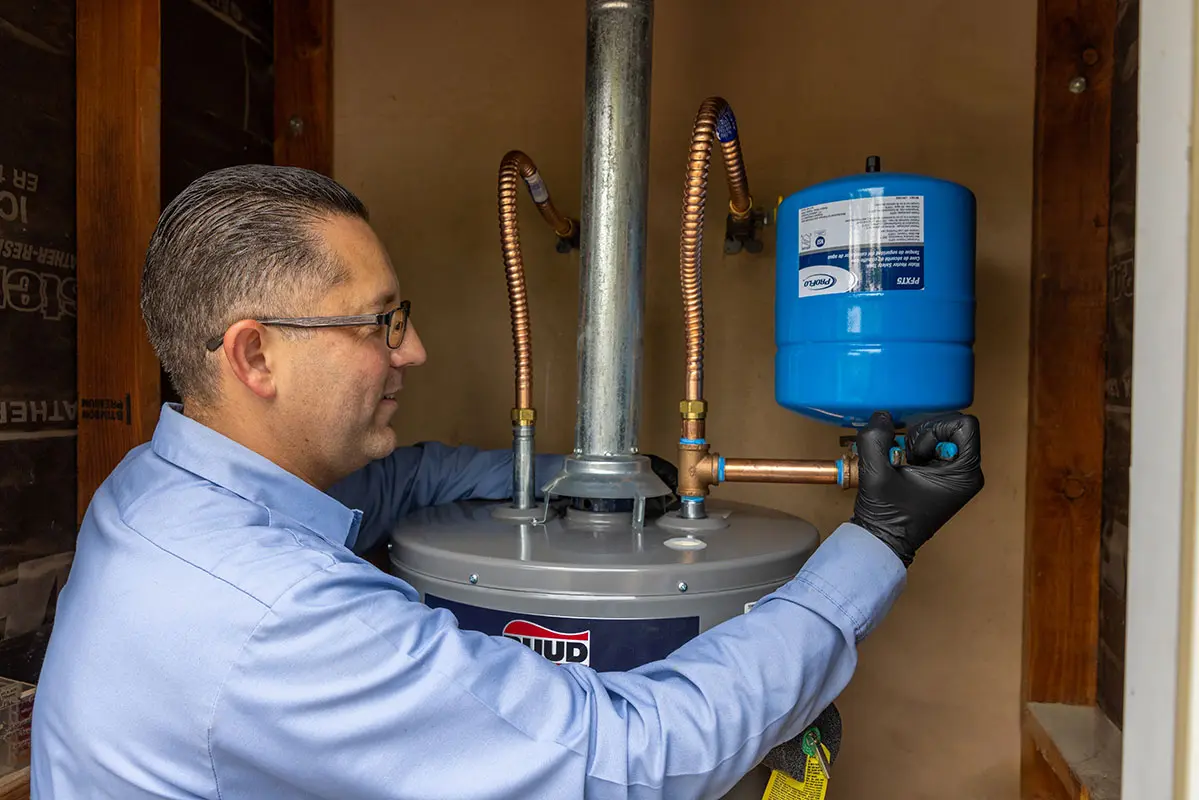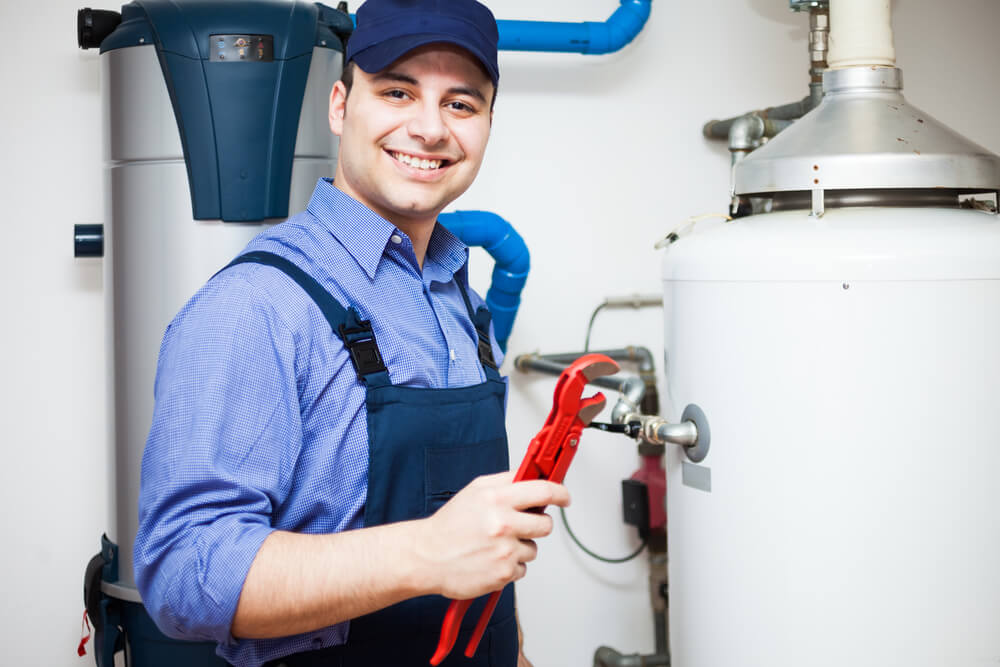How long does a tankless water heater last?
With proper maintenance, most Noritz tankless systems last 15–20 years or more.
Can I replace my tank water heater with a tankless model?
Yes! We can retrofit your existing system with a new tankless unit, including any venting or gas line upgrades needed.
Will I really save money on energy bills?
Absolutely—especially in homes with multiple residents or heavy hot water use.
How quickly can you install one?
In most cases, we can install your new tankless system within a day.
Do tankless water heaters require maintenance?
Yes, we recommend annual flushing and inspections to keep your system running efficiently.

